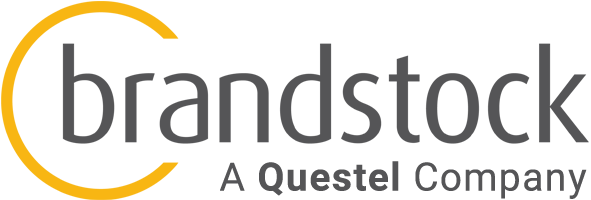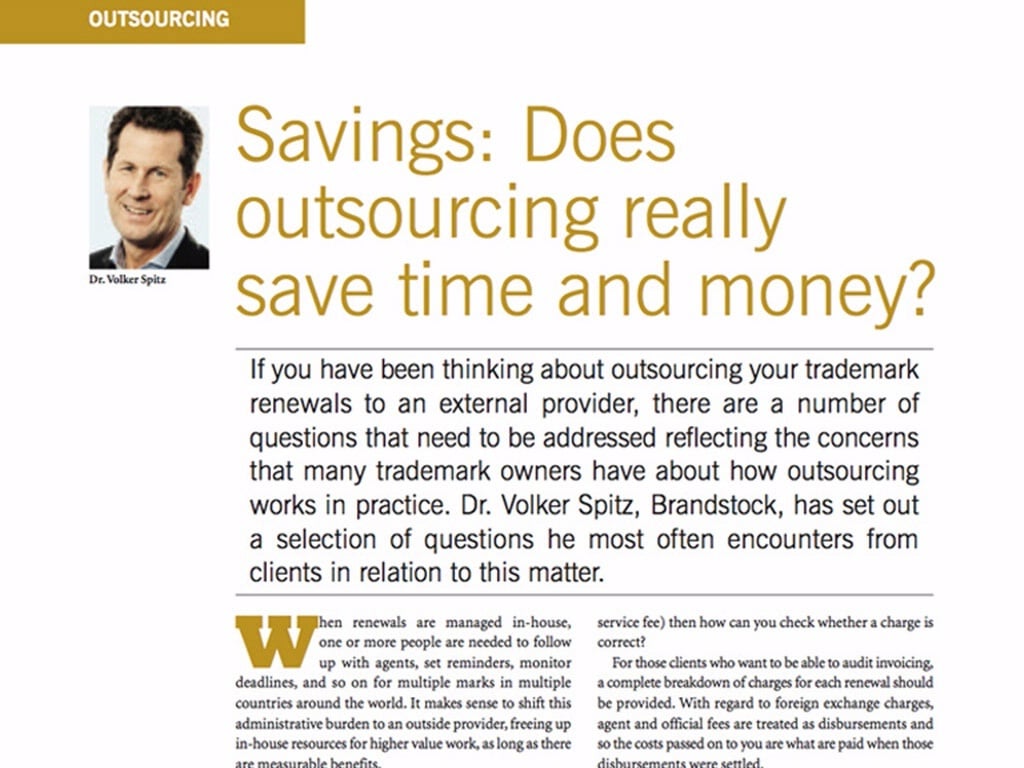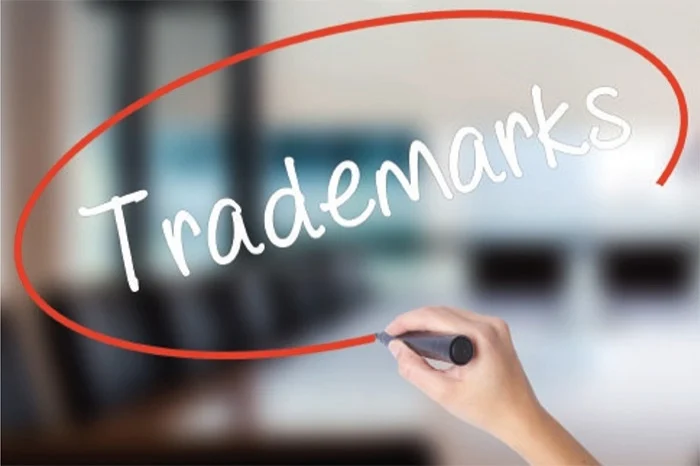Which documents do you need for your trademark renewal?
If your trademark renewal is approaching you may be wondering what is involved in the renewal process and what documents are required for its completion. Although the specific documentary requirements for renewal differ according to territory, some general guidance can be given as to the nature of the documents you will need to complete.
Even though the best way to ensure that your renewal is completed successfully is to seek the advice of an intellectual property (IP) expert, knowledge of the requirements for renewal can also be useful to possess. In this post, we’ll take a look at the different documents you will need for a trademark renewal, how to prepare them and the various requirements for each one.
Every country has its own rules, download our FREE infographic on trademark renewals costs all around the world
Proof of Trademark Usage
In some territories, such as the United States, you may need to provide documentation to show that your mark is still in use. This is the same as the documentation you will have provided for the first trademark application. It is best to review these documents with your trademark attorney to ensure that information is still the same, such as the trademark owner details or the goods and services class. This review will also help to determine the type of renewal needed.
Trademark renewal document
The key document required in a renewal is the renewal application itself. This is usually just one simple form, however the requirements of different territories vary. Although this document will differ in its specifics according to the territory in question it is invariably straight forward to complete, however you may need to have other documents and information to hand in order to fill it out.
The renewal document will require the trademark number – the identifying number for the trademark in question which you will have been provided with during the initial registration. Additionally, the document will need details of the Nice classes against which your mark is registered and which of these classes you want to renew the mark in. You will also often be asked to input the renewal date.
For all this information you will need to have with you any other prior documentation which may contain the details that you need, such as your original registration documents. These other documents are required as any mistakes made in the completion of the renewal document will mean that either the renewal is not filed, or it is filed incorrectly and thus your trademark protection will suffer as a result.
Given that each territory has its own version of this form, you will need to complete the renewal documents for each territory in which you intend to renew your mark. However, if your mark is registered with WIPO or EUIPO, these organizations manage international trademarks and, thus their renewal forms should simply ask for you to outline in which of their member territories you wish to renew your mark.
Trademark renewal fees
Regardless of the territory or territories in which your renewal will take place, filing a renewal will cost you. The official fees for renewals vary depending on the territories and classes in which the mark is registered. For example, if renewing an EU trademark, the fee for renewing in one class is €850; however, this fee increases with every subsequent class in which the mark is renewed.
Fees can also differ depending on how you file your renewal. For instance, if renewing a mark in the US, the fee is US$500 for paper filings and US$400 for electronic filings. Although different territories have different fees for renewal, all charge per class. You should also account for any attorney fees that are required, if you have an attorney assisting you with the renewal.
In some territories, such as the UK, when paying fees to the national IP office, a supporting fee document must be filed. These fee documents will ask you to outline the forms you are submitting and the associated fees you are paying for them.
Again, these documents are ostensibly straightforward, but if completed ineffectively then the effects on your renewal can be potentially disastrous. It is therefore advised that, in the completion of your trademark renewal and the associated documents, you seek the advice of an IP expert in order to ensure that all necessary documents are completed fully and on time.
Power of attorney
If seeking the assistance of an IP expert in the management of your trademark renewal you may also require a power of attorney document. This document would provide the external professional with permission to act on your behalf with regards to managing your trademark renewal.
Such documents are also easy to complete and generally only require that you sign to agree to the transfer of responsibility for managing the task in question, in this case the renewal. If you are seeking the assistance of an external IP expert in the management of your trademark renewal then they will doubtlessly provide you with a power of attorney document tailored to your needs.
It’s also worth noting that, as your trademark renewal approaches, you may be contacted by companies offering renewal services. These companies, in many cases, do not provide formal legal representation. If you are approached by a company offering assistance with your trademark renewal, conduct a thorough audit of their legal services to ensure that they can properly file a renewal. An improperly filed renewal can result in the loss of your trademark registration.
Although the documents for renewing a trademark are fairly simple and easy to access they do pose countless opportunities for mistakes, such as incorrectly denoting the classes in which you want your mark renewed or forgetting to renew your mark in select territories. If a renewal is incorrectly filed, it can lead to delays and further costs to your business; if the renewal deadline lapses, your trademark registration may even be cancelled. It is therefore recommended that in pursuit of the successful completion of your trademark renewal you seek the advice of an IP expert.
























